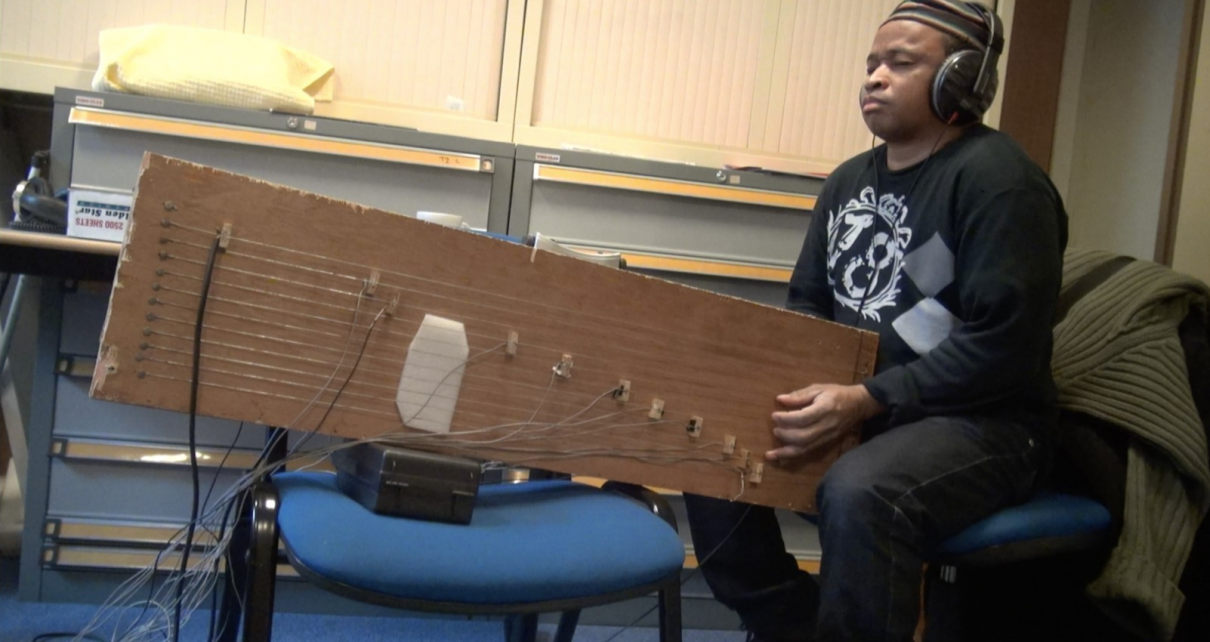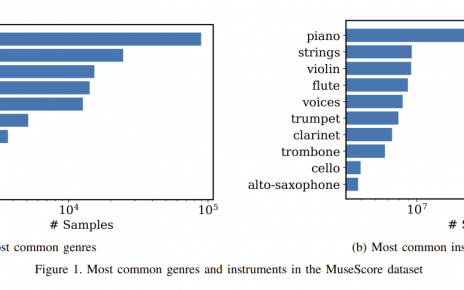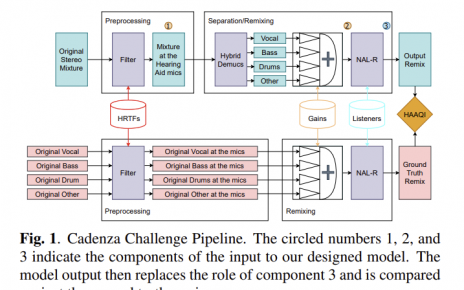Marc Chemillier, April 15, 2022, October 10, 2023
Abstract: Mantle Hood’s notion of bi-musicality coined on the model of bilingual, applied to people able to play music from two different cultures. This notion is still used and discussed today although it is redefined in the era of globalization and postcolonial issues where cultural boundaries tend to become blurred. Artificial intelligence could bring new developments in this area with artificial crativity and machine learning being some kind of extensions of human musicality and the learning to play musical instruments. This paper explores such ideas with a case study on the analysis of marovany zither music. This traditional zither from Madagascar is played during trance rituals for very long periods of time. In order to make transcriptions of these long pieces, we have designed sensors adapted to the instrument with the goal of collecting MIDI date from the playing of Malagasy musicians. These data are then processed by a computer program devoted to music improvisation which is able to play in the style of these native musicians. The outputs of the program are good enough to allow duets between a musician and the computer. Musicians reacting to the outputs of the machine can shed new light on the analysis of their repertoires. By refining the generation parameters, we can hope to get closer to an optimal characterization of the music studied.




